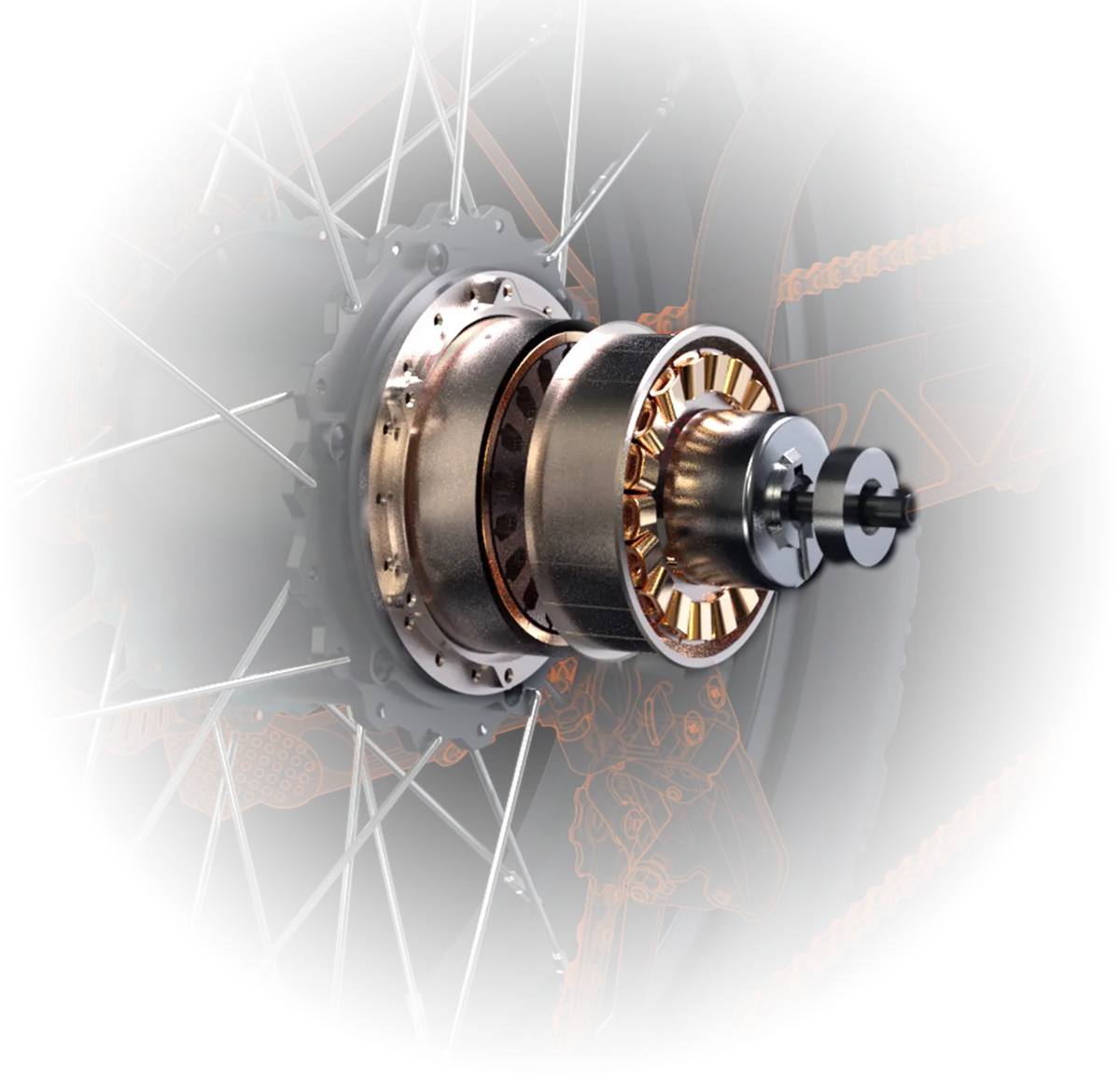Thoroughly testing an e-bike's hub motor is essential to ensure optimal performance and reliability. This involves careful visual inspection, start-up checks, response assessments at varying speeds, and troubleshooting any issues.

Visual Inspection
- Closely inspect the exterior of the hub motor for damage, loose screws, or debris stuck in the casing.
- Check that all connectors to the controller and battery are snug and securely plugged in. Wiggle to test.
- Inspect wires for fraying, cracks, or cuts in the insulation.
Start-Up Checks
- Check tire pressure and inflate tires to the recommended level.
- Power on the e-bike system and check for any warning lights on the display.
- Listen for abnormal noises coming from the motor during initial spin-up. Should be quiet.
Response Testing
- Pedal lightly and check that the motor provides smooth assistance at low speeds.
- Pedal harder and verify the motor responds promptly to increases in pedal force.
- Get up to maximum assisted speed, maintaining for any power drop off or excessive heat.
- Pedal through intermittent steep inclines. Motor should effectively assist climbing.
- Check braking, ensuring the motor disengages appropriately without delay.
Troubleshooting
- If any abnormal response is noticed, systematically inspect components like connectors, controller, and battery to isolate the cause.
- Use a multimeter to check motor windings for correct resistance values.
- Contact the manufacturer if issues persist after thorough troubleshooting.
Carefully testing the hub motor across many operating conditions will ensure it provides reliable and safe power assist.

Leave A Comment